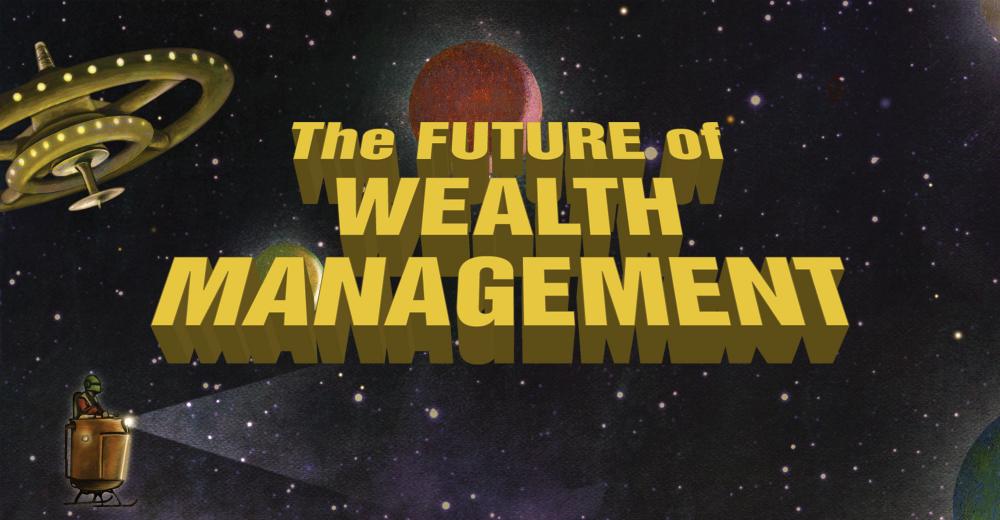1 12
The cyborgs are coming. It’s time to welcome them into the family, writes E*Trade's James Capps.
Our work ahead is about technology, and it’s about people, and we need to increase the focus and urgency across our industry to be prepared for 2044. When change is upon you, and you can identify where it’s headed, it’s time to get on board, writes Apex Clearing's William Capuzzi.
Technology will not displace the advisor but instead will empower them to deliver, at scale, the concierge-like services currently available to only the wealthiest of clients, writes Gartner's Darrin Courtney.
It’s hard to predict the future of the markets or the underlying technologies that will support financial services, but we do know that financial advisors will serve as a constant, guiding our clients through whatever changes may come, writes Morgan Stanley's Sal Cucchiara.
Financial planners will increasingly adopt and rely on technology to help them provide scale to their businesses and incremental value to their clients, but the adoption of these technologies will require human interpretation of their outputs, writes Harvest Exchange's Peter Hans.
Consumers conduct all sorts of daily activities by shouting commands into digital home devices. They will soon expect to bellow a directive to move money between their brokerage accounts, too. Not only will voice commands revolutionize clients’ engagement, but they will change how advisors work, as well. Advisors will continue the trend of untethering from a fixed workstation, write Lori Hardwick and Mike Zebrowski of Advisor Innovation Labs.
The role of human financial advisors will become more specialized. As advisors gain more information about clients, they can shed the busy work of account management—much like the development of automated design tools has enabled architects to create better and more interesting buildings, writes Marstone's Margaret Hartigan.
What are we human advisors to do? Embrace technology and adapt to its potential, filling in the gaps that still require humans. While AI will learn and adapt, it will not (yet) create, writes AdvicePeriod's Steve Lockshin.
A day in the life of Samantha, a hypothetical independent financial advisor who has built a successful business with more than $1 billion in assets under management and one employee. By Advisor Group's Ed Obuchowski.
Humans will be almost entirely eliminated from financial advisory roles. In the next 25 years, artificial intelligence will all but remove the human element from financial advice. Algorithms will become progressively more insightful and accurate, constantly accounting for new information while eliminating the potential of human error, writes Ubiquity Retirement + Savings' Chad Parks.
Enabling advisor choice and access to new tools is the proliferation of the application programming interface. And the shift to cloud computing and advances in processing power and analytics promise to accelerate the shifts taking place within the wealth management business too, specifically in terms of the way human and machine interact, writes Celent's Will Trout.

